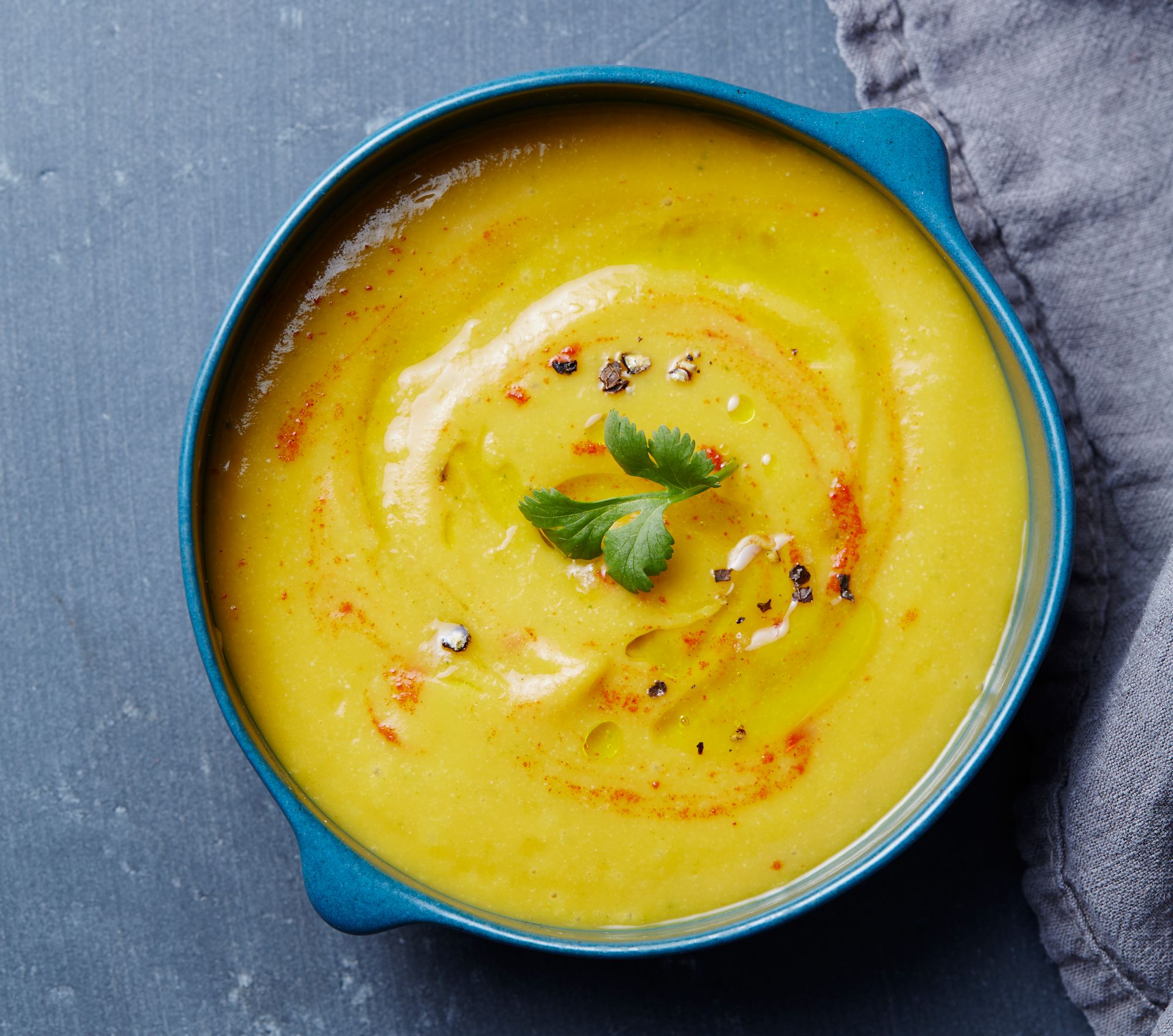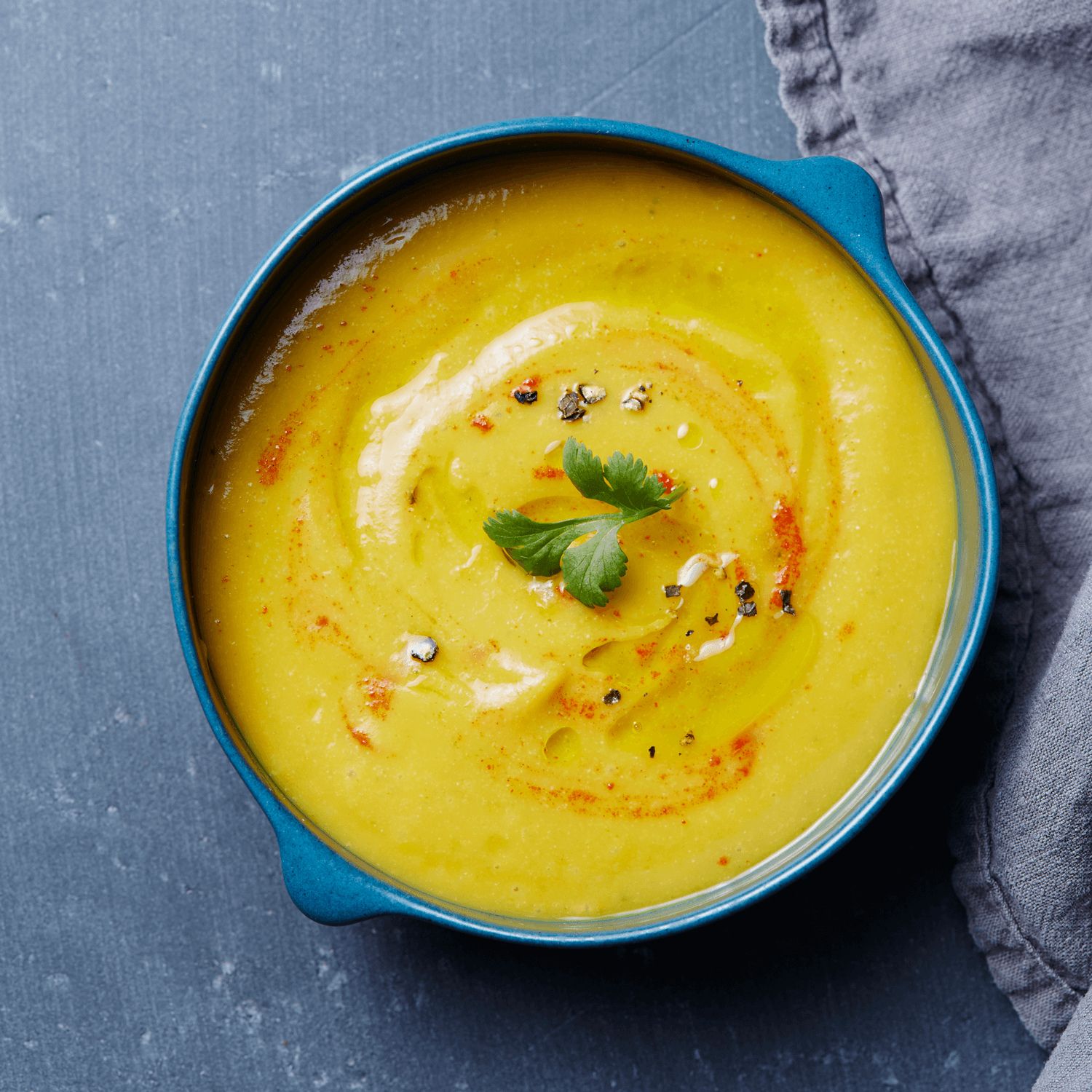
Welcome to our NEW Behind the Bowl series, where we're taking a look at the history and cultural significance of our Splendid meals to uncover how they made their way to your table. First up, we're diving into the Cumin Sweet Potato bowl.
Research by Kea'nia Gulley
Cumin
A spice that has traveled the world.
Cumin has been used and traded for so long, it is almost impossible to say with certainty where it originated, but likely in the Levant historic geographical region which today includes the countries of Syria, Israel, Palestine, Greece, and Turkey. Cumin is now grown around the world, but India and China produce roughly 70%. The spice was brought to America during the Spanish settlement in the 1500’s and quickly began being cultivated in what is now New Mexico, where it became a popular staple in Mexican cuisine a little later.
Cumin is a spice that has really made a home in cultures around the world. Some common names for cumin are comino (Spanish), kammun (Arabic), cumino (Italian), or jinten (Indonesia). Cumin is popular in North Africa, the Middle East, West China, India, Cuba, and Mexico in seasonings you may recognize such as: Adobo, Berbere, Curry Powder and Ras el hanout.
Fun fact: Cumin is an ancient herb that was used for both a spice and mummification in Egypt.
I think it is safe to say that most people can place cumin somewhere within their historical culinary landscape.
Now onto the benefits.
- Taste: Warming, aromatic, pungent, drying
- Properties: Carminative, anxiolytic, antispasmodic, stimulant, digestion, and antioxidant
- Ayurvedic Benefits: Calms Vata & Kapha Dosha. Agitates Pitta Dosha
As a digestive tonic, cumin helps:
- Combat IBS and stagnant digestion by stimulating the production of enzymes in the pancreas.
- Absorb and assimilate nutrients to stop stomach cramping and nausea.
- Aids in stimulating milk production, and can help with colic and gas in babies.
- Stimulates insulin production to aid in regulation of blood sugar levels.
- Help reduce AGE (Advanced Glycation Ends), but still more studies are being done.
- Iron deficiency since it's extremely high in iron: one teaspoon of ground cumin contains 1.4 mg of iron.
Sweet Potato
A super-tuber with deep roots.
With over 6,000 different varieties, sweet potatoes are rich in history. The most common varieties in America are Beauregard, Jewel, and Garnet.Interested in trying a new type? Japanese sweet potatoes are really delicious and are an “unusual” variety that many grocers have started selling.
Today, sweet potatoes are the 6th principal world food crop, and approximately 90% of the world’s crop is grown in Asia.
Yams are a staple of African cooking, which is important to know when looking at the history of sweet potatoes. While not the same as a sweet potato, yams are a native crop in Africa. Once in America, enslaved Africans substituted sweet potatoes for the yams of their homelands. Given the sweet potato’s similarity in preparation, it’s no wonder why sweet potato became a beloved ingredient throughout the black diaspora. Enslaved Africans would call the sweet potato a yam as it was the closest point of reference. To this day, sweet potatoes are an important part of African American culture, with many enjoying sweet potato pie instead of pumpkin for the holidays.
Benefits
Sweet potatoes are not actually a part of the potato (solanum tuberosum) family, as they are of a different starch and simple sugar composition.
A powerhouse of nutrition, sweet potatoes are extremely high in vitamins and minerals. One cup with skin contains 3.8 grams of fiber, and 769% of your daily value of Vitamin A, 65% of your daily value of Vitamin C, 50% of your daily value of Magnesium, and 27% of your daily value of Potassium.
Sweet Potatoes have huge fiber rewards! They contain both soluble and insoluble fibers. Soluble fiber increases fullness and helps with sugar spikes by slowing digestion of starches and sugars. Insoluble fiber improves gut health and may help reduce risk of diabetes.
Other incredible benefits of sweet potatoes include:
- High levels of magnesium, which can help with stress & anxiety.
- Great support for healthy vision. Beta-carotene is to thank for this; 1 cup of sweet potatoes offer about 7x the adult daily value. Beta-carotene is then converted into Vitamin A, which is used to help form light-detecting receptors in the eyes.
- Can help soothe inflammation.
- Can help improve hair and skin, thanks to Vitamins A, C, & E!

Cumin Sweet Potato Puree Soup
A sweet, creamy soup you can thank your cashews for.
If these incredible health benefits aren’t enough to have you adding these ingredients to your diet, Splendid Spoon’s Cumin Sweet Potato Bowl will have you begging for more. Add it to your order today!
Tune in for our upcoming Behind the Bowl posts for a deeper look at some other delicious, healthy, and culturally significant dishes that we serve at Splendid.
Questions? Contact hello@splendidspoon.com.
